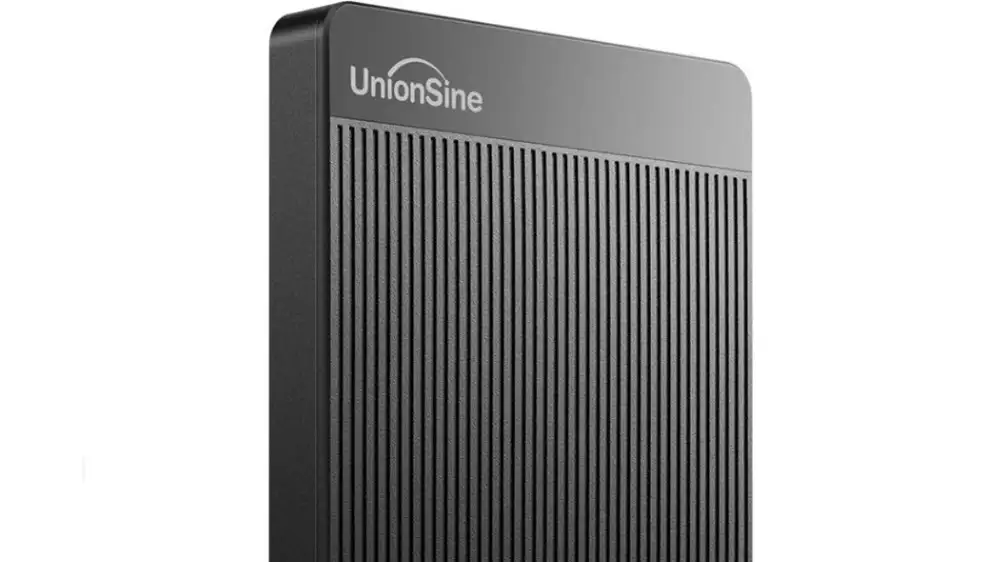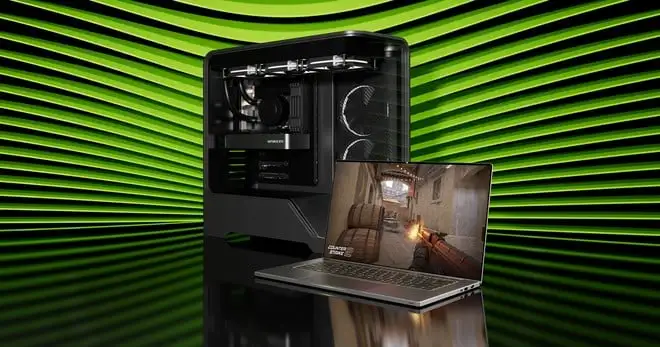Fraudulent or misleading storage devices are, unfortunately, still easy to find via online marketplaces. It's also a common story that someone buys a shockingly cheap storage device from an unknown brand and ends up with a product that doesn’t perform as expected—or at all.
With this in mind, data-recovery firm Secure Data Recovery recently bought a 500GB HDD from Amazon (the UnionSine HD2510) for $28 and tested it. The results were better than expected, but there are still reasons to avoid buying something like that.
Testing
Kirill Rymko, director of lab operations at Secure Data Recovery, told Ars Technica that his company decided to buy and test UnionSine’s 500GB external HDD due to its low price-per-GB. As of this writing, the 2.5-inch drive costs $28.28 on Amazon, or about $0.06 per GB.
Rymko said:
We had a feeling that the drive was potentially refurbished at that price point. Also, [storage scams happen] often, especially with sellers on Amazon. We have received, in the past, hard drives and flash drives that customers purchased and sent to us for data recovery which are fake or use different components to appear as if they hold a certain amount of GB.
Rymko also pointed to a scheme where flash drives placed inside larger chassis are falsely sold as SSDs or HDDs. Here at Ars, we’ve also covered the sales of 64GB microSD cards fraudulently sold as 16TB and 30TB SSDs.
However, UnionSine’s drive mostly delivered on its performance claims. Secure Data Recovery found that read and write speeds were decent for an older, 5,400 RPM drive, synthetic speeds matched the description, and the drive’s internal condition was fine. Rymko said that Secure Data Recovery was “surprised by the results” and that the drive’s Hard Disk Sentinel results, which are closer to real-world performance, were worse than what UnionSine advertised, “but this is typical for these products.”
Upon opening the HDD’s enclosure, Secure Data Recovery found a Toshiba MQ01ABD050V from 2016. Considering that only a few brands still manufacture HDDs, this wasn’t too surprising. It is more surprising that the drive inside was 9 years old.
Ars was unable to confirm if UnionSine and Toshiba have any formal business relationship. UnionSine’s website says that its full company name is Shenzhen Union Integrity Technology Co., Ltd., a Shenzhen-based company launched in 2014 with “more than 50 employees.” It doesn’t list Toshiba as a partner. Toshiba also doesn’t mention any collaboration with UnionSine on its website. Neither company responded to requests for comment ahead of publication. Interestingly, there’s at least one account of someone finding a Western Digital drive inside their UnionSine HDD’s enclosure.
Rymko said that Secure Data Recovery couldn’t confirm if the Toshiba drive was refurbished but also emphasized the drive’s nearly 10 years of age:
Our internal data indicates that the average lifespan of a drive is approximately three-to-five years, depending on the brand, capacity, and other factors. Our data found that the average ‘power-on’ hours of failed drives was about two years and 10 months. With the right tools, the ‘power-on hours’ data can be reset. This could mean the drive may last a few years; I can't say for sure.
There are better storage options
Rymko told me that UnionSine “seem[s] like a legitimate company” and noted that Secure Data Recovery has recovered data from UnionSine drives before. He also said that for $28, “the drive performs well and provides good value;” it also “meets expectations for speed and reliability.” Still, he has some concerns about long-term use:
We haven't identified any major issues with this device, but as with any budget drive, long-term durability and sustained performance under heavy use are potential concerns to watch for. It's always a good idea to back up important data regularly.
But there are still reasons to look elsewhere for storage.
For one, UnionSine doesn’t have a clearly posted warranty policy for its HDDs. As Rymko mentioned, the long-term durability of its drive is dubious, making the lack of a clear warranty concerning.
Further, there are bigger and roomier storage options than a 500GB HDD. If you’re opting for an HDD over an SSD to save money, it can be prudent to put at least some of those savings toward more storage space. A roomier HDD will cost more, but the price-per-GB may not differ much, depending on the drive.
When storing valued files, you can rest easier by following the 3-2-1 backup rule and by buying from a reputable brand with a solid warranty. Losing important data is frustrating enough, and that frustration is exacerbated when a company doesn’t take accountability for a potentially faulty device.

 NVIDIA GeForce RTX 5050 ufficiale per desktop e laptop: prezzi e specifiche
NVIDIA GeForce RTX 5050 ufficiale per desktop e laptop: prezzi e specifiche